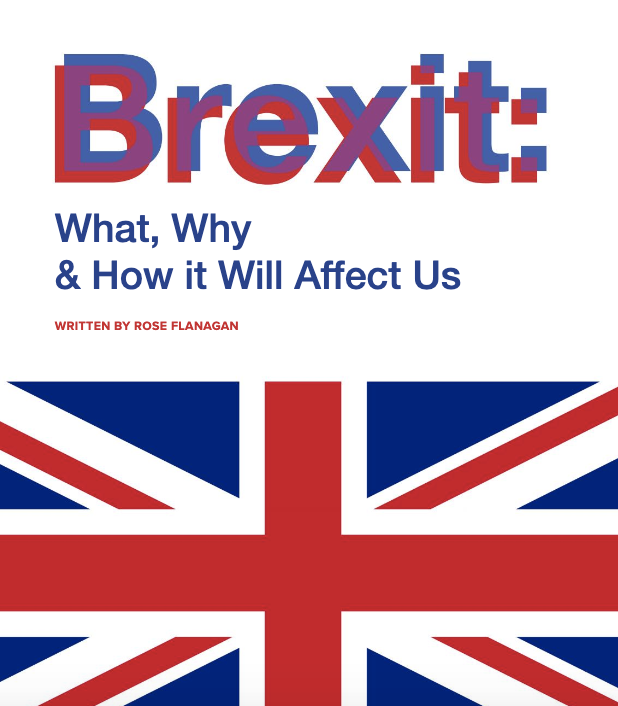
What is Brexit?
British Exit, or “Brexit”, from the European Union (EU) was voted on three years ago this June in a referendum that surprised many when it passed, with a slim majority of 51.9 percent. There are a multitude of debates attempting to answer the reason why Brexit was conceived and passed. One major theory is sovereignty, which is the authority of a state to self-govern. With the EU related to the United Kingdom (UK), the EU allows for sovereign states, but with other issues circulating the international arena – the refugee crisis, financial crises, and terrorism – states fear what can be imposed on them from these larger governing bodies. Again, there are a number of reasons as to the why behind Brexit, but it comes down to self determination of the state.
What Next?
On March 29, 2017 the UK took official steps towards renegotiating its relationship with the EU and was given two years to come up with a final decision. With March 29 come and gone and the UK’s ultimatum of leaving the EU, Theresa May, the British Prime Minister, is working to renegotiate her withdrawal agreement. Issues such as citizenship, the Northern Irish border, and the UK’s future economy have been discussed at length without any final decisions. The lack of clarity surrounding the freedom of movement, and the difficulty that will arise with customs and borders, affects a number of UK and EU citizens who live and work abroad. This is made even more complex with the border of Northern Ireland, which is the UK’s only border with the EU.
With the lack of a consensus in mind, “the possibility [of no deal] is very clearly there” stated Chancellor Philip Hammond. It’s unknown whether a decision will be made, but ultimately this new territory in international relations could lead to a number of economic and human repercussions in the UK and around the world, also possibly inspiring other states to make similar moves in withdrawing from such international agreements.
What’s the trade-off?
Essentially, Brexit would grant Britain slightly more sovereignty and more control over immigration, but is it worth the poor economic trade-off? This decision would close Britain’s borders in favor of a poorer country so they would effectively shut out their largest import and export market. It’s hard to say what will happen in the next few months, but the only true consensus is that Brexit is unpredictable and we can only sit and wait.